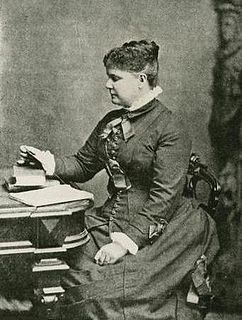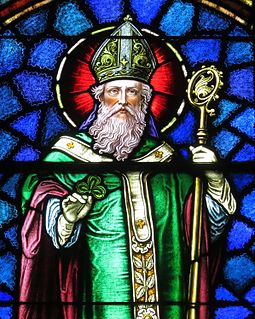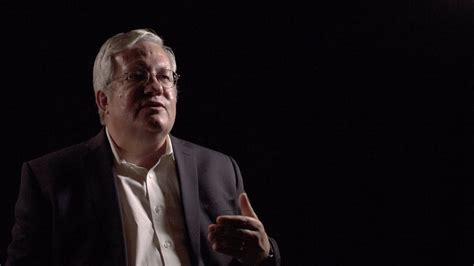A Quote by Mason Cooley
God may be a human creation, but He goes His way, not ours.
Related Quotes
The heart of God through his creation stirs, We thrill to feel it, trembling as the flowers That die to live again, his messengers, To keep faith firm in these sad souls of ours. The waves of Time may devastate our lives, The frosts of age may check our failing breath, They shall not touch the spirit that survives Triumphant over doubt and pain and death.
When we unravel the theological tomes of the ages, the makeup of God becomes quite clear. God is a human being without human limitations who is read into the heavens. We disguised this process by suggesting that the reason God was so much like a human being was that the human beings were in fact created in God's image. However, we now recognize that if was the other way around. The God of theism came into being as a human creation. As such, this God, too, was mortal and is now dying.
God build’s God’s kingdom. But God ordered this world in such a way that His own work within that world takes place through the human beings that reflect His image. That is central to the notion of being made in God’s image. He has enlisted us to act as His stewards in the project of creation. So the objection about us trying to build God’s kingdom by our own efforts, though it seems humble and pious, can actually be a way of hiding from responsibility, of keeping one’s head well down when the boss is looking for volunteers.
This word "description" may be disconcerting when used to refer to what is generally called a translation. But when one wishes to render a verbal creation (as opposed to a didactic statement) from one language to another, he is confronted with two equally unsatisfactory choices. He may, according to his talents, elaborate a similar, but never identical creation, or he may describe that creation as completely as possible in his own language.
God has made us humans in God's own image. So therefore the highest way to talk about God is by some kind of analogy with ourselves. So, naturally, if we who are finite and sinful suffer in multiple ways because of sin and evil and the horrible things that happen in our world, how much more does God, who is infinite, sinless, and knows the totality of all that happens to everybody, suffer pain and heartache at the suffering of his human and non-human creation - and be angry at all that causes it?
Whatever man may stand, whatever he may do, to whatever he may apply his hand - in agriculture, in commerce, and in industry, or his mind, in the world of art, and science - he is, in whatsoever it may be, constantly standing before the face of God. He is employed in the service of his God. He has strictly to obey his God. And above all, he has to aim at the glory of his God.
Some would define a servant like this: 'A servant is one who finds out what his master wants him to do, and then he does it.' The human concept of a servant is that a servant goes to the master and says, 'Master, what do you want me to do?' The master tells him, and the servant goes off BY HIMSELF and does it. That is not the biblical concept of a servant of God. Being a servant of God is different from being a servant of a human master. A servant of a human master works FOR his master. God, however, works THROUGH His servants.
If we hold tightly to anything given to us unwilling to allow it to be used as the Giver means it to be used we stunt the growth of the soul. What God gives us is not necessarily "ours" but only ours to offer back to him, ours to relinguish, ours to lose, ours to let go of, if we want to be our true selves. Many deaths must go into reaching our maturity in Christ, many letting goes.
We are not perfect. What god is Examine yours. According to your mythos he was so disappointed with his initial efforts creating your race that he tried again. At least we imprisoned our mistakes. Your god permits his to roam free. At a mere few thousand years old your creation myths are far more absurd than ours.






































